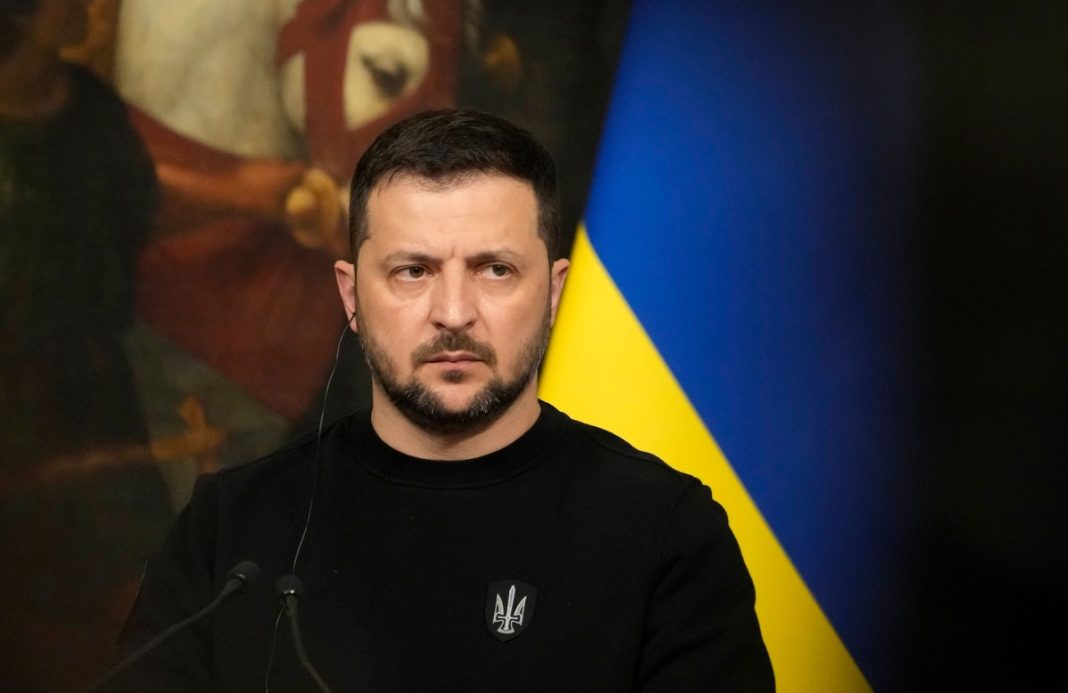ISTANBUL, Türkiye — Ukraine and Russia have agreed to the largest exchange of prisoners and bodies since the full-scale war began in February 2022, in a significant development following a new round of peace talks hosted by Türkiye.
The agreement, confirmed by both delegations after meetings at Istanbul’s Ciragan Palace, includes a wide-reaching “all-for-all” exchange of seriously wounded and gravely ill prisoners of war, as well as young soldiers aged between 18 and 25.
Additionally, both sides will exchange 6,000 bodies of fallen troops.
Ukrainian Defence Minister Rustem Umerov said the deal is grounded in humanitarian principles.
“We agreed on an ‘all-for-all’ exchange of seriously wounded and seriously ill prisoners of war. The second category is young soldiers aged 18 to 25,” Umerov said during a press conference.
“We also agreed on the return of 6,000-for-6,000 bodies of dead soldiers,” he added, while reaffirming Kyiv’s broader demands.
“We insist on the release of all prisoners and the return of all our captives and abducted children.”
Russia’s chief negotiator, Vladimir Medinsky, also confirmed the breakthrough.
“We have agreed on the largest-scale prisoner exchange based on the following formula — firstly, all severely wounded and gravely ill soldiers will be exchanged on an ‘all-for-all’ principle. Secondly, young soldiers aged up to 25 will also be exchanged under the same formula,” Medinsky told reporters.
He stated that at least 1,000 individuals would be exchanged on each side, but added that the total figure could rise as both countries continue to verify the lists.
As part of the accord, Russia has also agreed to return the remains of 6,000 Ukrainian troops.
Medinsky noted that Moscow proposed a temporary truce to facilitate recovery efforts.
“We proposed a ceasefire for two to three days in selected sections of the frontline. This would allow commanders to recover the bodies of their fallen soldiers,” he said.
The talks were held under Turkish mediation, with President Recep Tayyip Erdoğan’s government continuing its role as a diplomatic intermediary.
Türkiye has hosted a number of high-profile meetings since the early months of the war, including the initial negotiations in Antalya and at Istanbul’s Dolmabahce Palace.
While the agreement marks a significant humanitarian step, broader efforts to end the conflict remain ongoing.
Both sides have reiterated deep differences over the political terms of peace, but the Istanbul accord is viewed by observers as a potential confidence-building measure.







![Honouring a Rare Soul: Celebrating the Life of AVM Terry Omatsola Okorodudu [MUST READ] Air Vice Marshal Terry Omatsola Okorodudu](https://www.thetrentonline.com/wp-content/uploads/2026/01/Joan-and-Bidemi-Okorodudu-The-Trent-100x70.jpg)